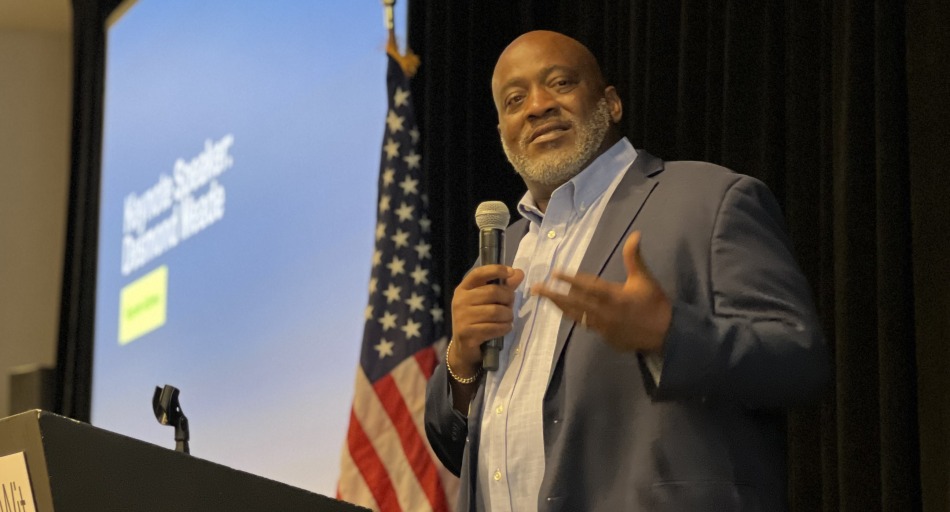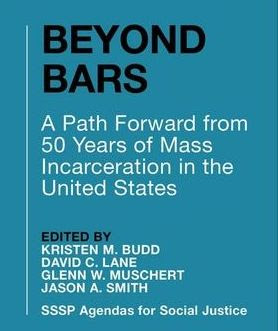The Ballot Bulletin: New York Expands Voter Access in Jails
Earlier this month, a resolution was introduced in the United States Senate supporting the constitutional rights of Americans to vote.
Related to: Voting Rights, State Advocacy
Earlier this month, a resolution was introduced in the United States Senate supporting the constitutional rights of Americans to vote. Any true democracy must also include voting rights for people with felony conviction histories, regardless of their incarceration status.
New York Expands Voter Access in Jails
This month, New York Governor Kathy Hochul signed a legislative package to strengthen democracy by requiring local jails to provide voter registration information to individuals of voting age upon their release from a local correctional facility. The policy change continues efforts to guarantee ballot access for voters impacted by the criminal legal system.
Civic Power 2023
The Sentencing Project partnered with Chicago Votes and Stand Up America to convene 130 directly impacted activists, advocacy organizers, academics and researchers in Chicago to build on rights restoration reforms and strategize on next steps national and state groups can take together. The convening featured remarks by Chicago Mayor Brandon Johnson and national voting rights activist Desmond Meade.

Research and Advocacy
 Chris Uggen, lead author of Locked Out 2022: Estimates of People Denied Voting Rights, was recently featured in the Berkeley Journal of Sociology. Uggen’s contribution, Partnerships in Public Sociology: Expanding Voting Rights for People with Felony Convictions, estimates how many people have been affected by felony disenfranchisement policies since 1998, and details the history of these policies. The Sentencing Project’s Nicole D. Porter wrote a companion article on the partnership between advocacy and research, and how these two practice areas can work together to guarantee voting rights for all with felony conviction histories.
Chris Uggen, lead author of Locked Out 2022: Estimates of People Denied Voting Rights, was recently featured in the Berkeley Journal of Sociology. Uggen’s contribution, Partnerships in Public Sociology: Expanding Voting Rights for People with Felony Convictions, estimates how many people have been affected by felony disenfranchisement policies since 1998, and details the history of these policies. The Sentencing Project’s Nicole D. Porter wrote a companion article on the partnership between advocacy and research, and how these two practice areas can work together to guarantee voting rights for all with felony conviction histories.
The Sentencing Project, in partnership with the Society for the Study of Social Problems, has a newly released edited book – Beyond bars: A path forward from 50 years of mass incarceration in the United States. Chapter 8, “The denial of voting rights to people with criminal records,” details why denying justice-impacted individuals their right to vote is a social problem and how it exacerbates other social problems.
It summarizes trends and research evidence related to felony disenfranchisement. Most importantly, the chapter offers a wide range of recommendations and solutions on how to sever the link between voting and punishment in the United States while ensuring a fully participatory democracy.
This e-book and voting rights chapter is available free online.


